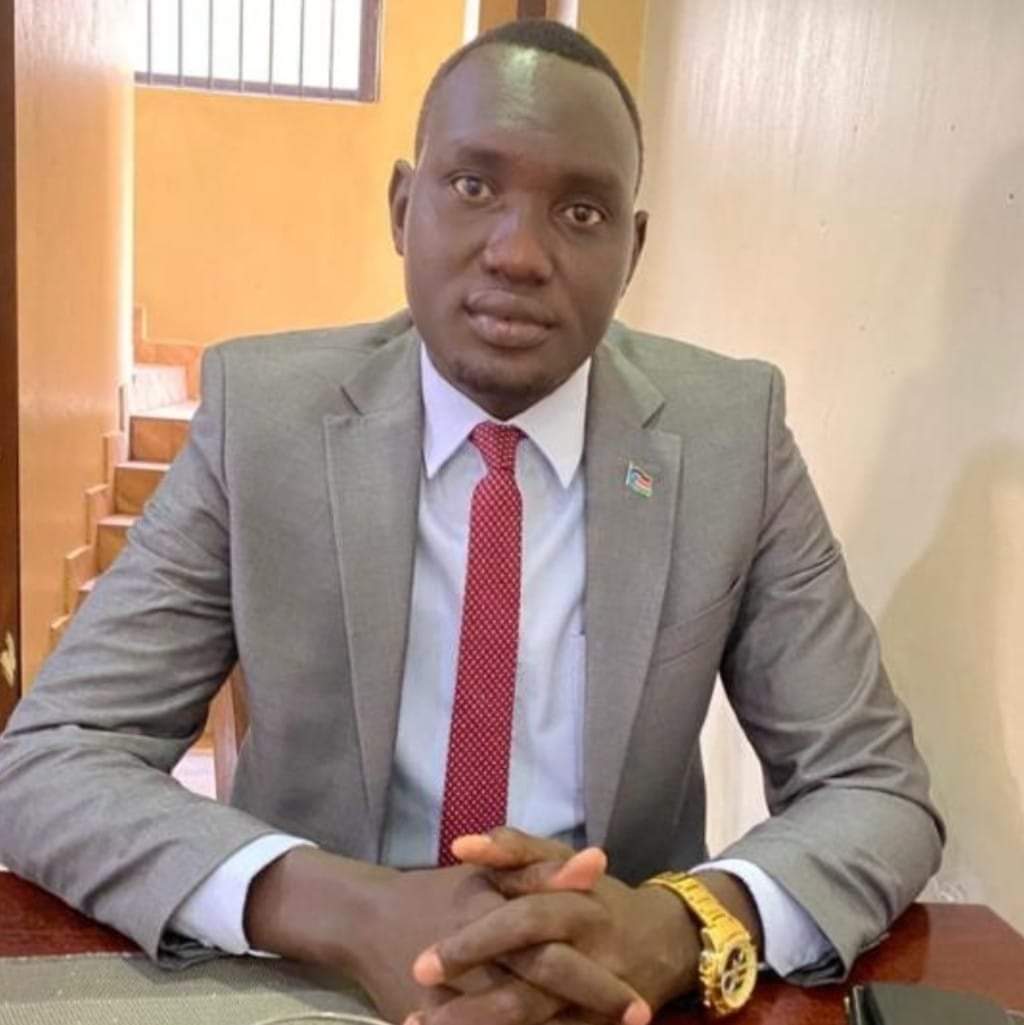
By Ephraim Modi D.S
The Speaker of South Sudan Students Union (SSSU) in Kampala, Uganda, Mamouch Deng held and arraigned the President of the Union Gum Beny Machar over allegations of corruption, tribalism, sectarianism and disrespect of the constitution of the union, leading to his impeachment.
The SSSU parliament quoted article 2 of the Students Union, the article discourses that the president displayed highest form of abuse of his power and that of the constitution by rifting the people to prolong his term in office notwithstanding to the oaths of the union.
Speaking from Kampala on phone, Speaker Deng affirmed that they were given $20,000 by the President of the Republic of South Sudan which was handed to them by the National Minister of Public Service and Human Resource Development Joseph Bangasi Bakasoro and other contributions that sums up to $22,700.
“The money was handed over to the president of the union and he kept it, and we didn’t see any visible thing been worked on with that money,” the Speaker revealed.
The Student Union Speaker also said as a board of the students union parliament, they were supposed to have a meeting to draw plans and budget so as the members can approve and afterwards be utilized to execute the activities of the association.
“The President has been doing his own initiatives with his own people besides that he embarked on a mission to Juba earlier this year together with his own team and mobilized some money and reported only $13,000 that we believe is not the actual sum of money he might have collected in Juba, yet nothing was done with that money” he stated.
Deng further stressed that the president blocked all their meetings using his own powers with the money accumulated.
He hinted that they called for a general cabinet meeting and decided to impeach him over all charges of his exploitation of constitution, and others so he was relieved of his duties so they can take over control of what is remaining.
“We moved an online forum, then we designed google forms that students can sign in using their private emails that include their schools and put on their opinions, we had a week to collect the data,” he noted.
“We used that system because most of the students were in field on their internship cover and also because of the COVID-19 guidelines, and to minimize the available resources” he further explained the process.
Deng reiterated that the president left Uganda to Juba since two months ago on his own mission and has refused to return to school.
Deng accused the president of the Union of bribery, and they organized a meeting together with the education attaché at the South Sudan Embassy in Uganda and they impeached the president with full evidence.
He further said that the education attaché also seconded his impeachment and urged for an official and public impeachment that they declined because of the absence of the other delegate at that particular moment.
The speaker said currently the vice president of the Union is the acting president who is yet to conduct an election to elect the new students’ leader.
Article 69 on the amendment of the constitution of the union section 1-5 states that any active member of the council shall move a vote of no confidence in the president of any executive member.
Section 2 states the vote of no confidence to be binding of the defendant once the plaintiff proved to the council beyond reasonable doubt about the cause of action that can lead to effectiveness of the motion against the defendant.
Section 3, notwithstanding clause (2) above, if the plaintiff fail to prove his or her case against the defendant beyond reasonable doubt with evidence, vote of no confidence shall not take effect until further investigation into the matter taken simply because every person is presumed innocent until proved guilty.
Section 4 states a vote of no confidence in the president or any executive member shall require a petition signed by more than half of the members of council to the speaker.
Section 5 formulates the vote of no confidence shall be carried out if at least two thirds majority of the members of council voted in favor.



